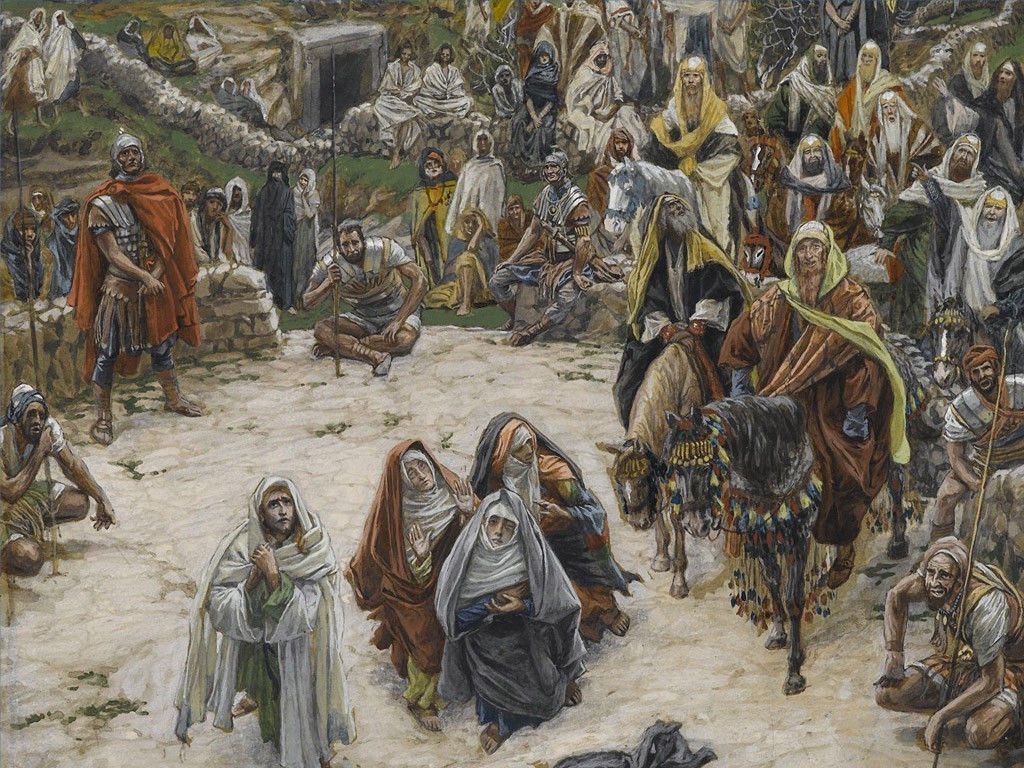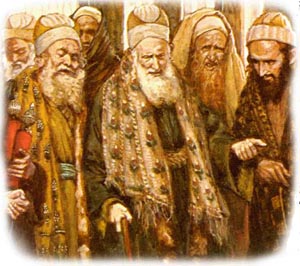The first recorded words of Jesus as He hung upon the cross were “Father, forgive them, for they do not know what they are doing.”
He uttered these words after being beaten, scourged, forced to carry the crossbeam through the streets of Jerusalem, and then having nails pounded into His hands and feet. And yet, as He hung there, He wanted those who were responsible for this to be forgiven.
C. S. Lewis once wrote, “Everyone says forgiveness is a lovely idea, until they have something to forgive.”
Forgiveness is great in theory. It’s much harder in practice. And it’s especially difficult when you know you have done no wrong to another yet have been treated badly by that person. I’m sure I speak for many of us when I say that resentment and bitterness is easy for us when we know we have been falsely accused of something.
Yet the most innocent man in history, nailed to a cross although He had done nothing wrong, gives us in those first words from that cross a challenge. Can we be like Him?
Let’s review the types of people He must have been thinking about when He asked the Father to forgive them. Who were they?
First, there were the Jewish leaders, both Pharisees and Sadducees, who brought Jesus to the Sanhedrin for questioning, who took the word of false witnesses, and who then vehemently urged His crucifixion.
Did they really not know what they were doing?
I’ve always been amazed by the account of Jesus raising Lazarus from the dead. If I had witnessed such a miracle, I hope I would have worshiped the One who carried it out. Yet some went immediately and reported what had happened to the Jewish leaders. Their response? We have to kill Him. Why? He was threatening their position as leaders of their people. They feared what the Romans would do to them.
Their response was entirely selfish. In the narrow sense, they knew perfectly well what they were doing. But Jesus, I think, meant it in a broader sense. They didn’t realize—through their resentment and spiritual blindness—that they, who claimed to be speaking for God, were actually crucifying their God.
They were evil in their intent and they were all accountable for their actions. Yet Jesus hoped they could be forgiven for the evil they carried out.
Then there was the mob. Certainly they weren’t nearly as knowledgeable about what was going on. They weren’t the ones who conspired to bring Jesus to trial. Most of them in that mob probably were clueless as to what was transpiring. But they allowed themselves to be caught up emotionally in the moment, incited by the words of their leaders.
They were incited to the point where they actively sought to have a murderer named Barabbas released rather than Jesus. They were foolish—and they were fooled. Yet they were still accountable for their actions—and Jesus pleaded for them to be forgiven.
What about the Roman authorities? First, there was Pilate. He knew in his heart that Jesus was not the insurrectionist that the Jewish leaders were claiming He was. Further, he received a message from his wife who said, “Don’t have anything to do with that innocent man, for I have suffered a great deal today in a dream because of him.”
But when the Jewish leaders stirred up the mob, fear took over. As Matthew records:
When Pilate saw that he was getting nowhere, but that instead an uproar was starting, he took water and washed his hands in front of the crowd. “I am innocent of this man’s blood,” he said. “It is your responsibility!”
No, Pilate was personally accountable for his cowardly action. He knew what he was doing in the narrow sense: ensuring that a riot didn’t break out. But he had no concept of the greater scenario in which he was involved. Jesus probably had him in mind as well when He prayed that those who did this would be forgiven.
What about the soldiers who carried out their orders? They were the ones who flogged Him, who put that crown of thorns on His head, and who drove the nails into His hands and feet. They were as clueless as the mob; they were just doing what they were told. They had no idea that they were taking part in the plan of salvation.
Those soldiers at the foot of the cross, though, when the earth quaked at Jesus’s death, were shaken in more than one way. Matthew’s gospel says,
When the centurion and those with him who were guarding Jesus saw the earthquake and all that had happened, they were terrified, and exclaimed, “Surely he was the Son of God!”
Jesus hoped they also would be forgiven for what they did.
And then there were those who had walked and talked with Jesus for three years. They said they knew who He was. They pledged to die with Him. Then in Gethsemane, they ran away. And Peter, the one who boasted that he would never deny the One he had called the Messiah, blatantly betrayed Him, even to the point of cursing, saying he had never been with Him.
After Peter’s third betrayal statement, he saw Jesus being taken across the courtyard. Luke tells us,
The Lord turned and looked straight at Peter. Then Peter remembered the word the Lord had spoken to him: “Before the rooster crows today, you will disown me three times.” And he went outside and wept bitterly.
The disciples thought they understood Jesus’s mission, but they failed to grasp what was really in His heart and what had to be done. Jesus prayed that they would be forgiven also.
The cross is the ultimate expression of God’s love and desire to forgive. It wasn’t simply a legal action to forgive sins; rather, it demonstrated the heart of both God the Father and God the Son. It revealed the love and compassion that was the essence of the Atonement.
The second chapter of Philippians sets it out as beautifully as it can be expressed:
Have the same mindset as Christ Jesus: Who, being in very nature God, did not consider equality with God something to be used to his own advantage; rather, he made himself nothing by taking the very nature of a servant, being made in human likeness.
And being found in appearance as a man, he humbled himself by becoming obedient to death—even death on a cross!
The challenge to each of us today is to have the same heart of love and compassion that Jesus had when he said, “Father, forgive them, for they do not know what they are doing.”



